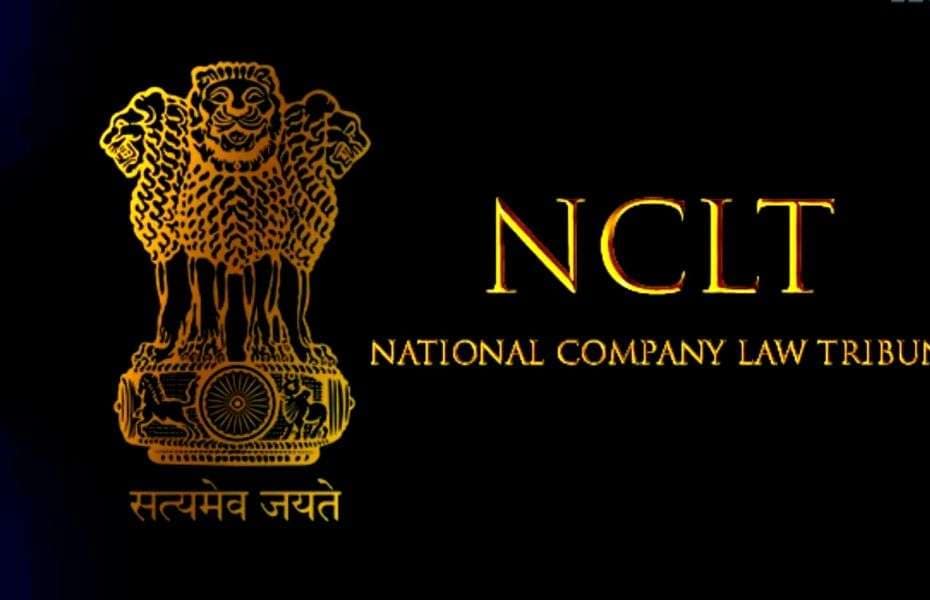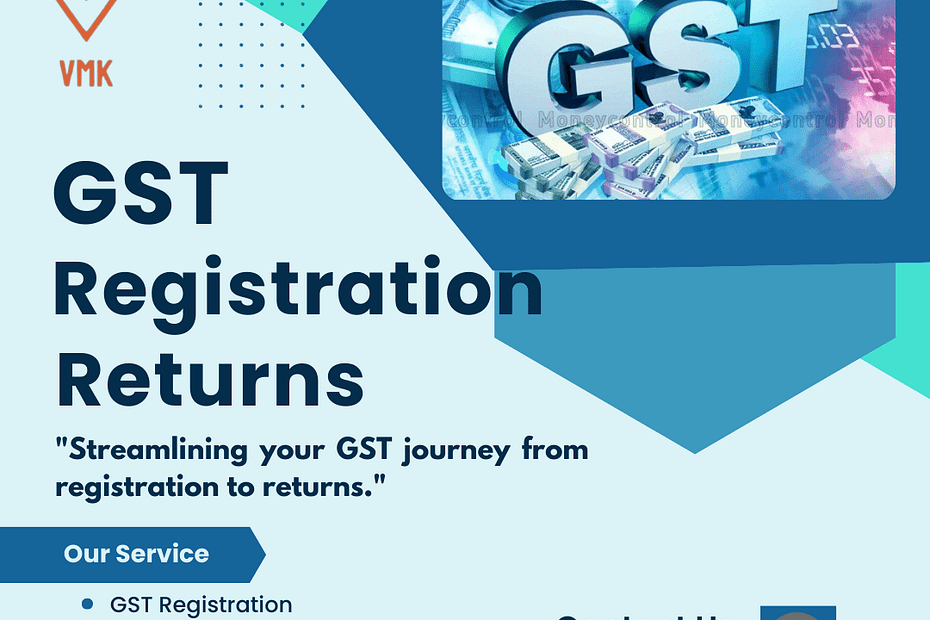SEBI Extends Submission Timeline for Financial Results: Key Updates on LODR Regulations
SEBI Extends Submission Timeline for Financial Results: Key Updates on LODR Regulations SEBI Update: After taking into considerationthe aforementioned issues, it has been decided to further extend the timeline for submission of financial results under… SEBI Extends Submission Timeline for Financial Results: Key Updates on LODR Regulations








